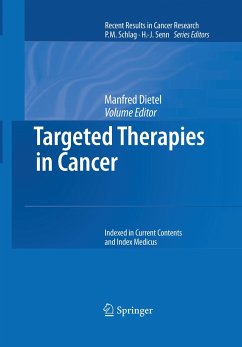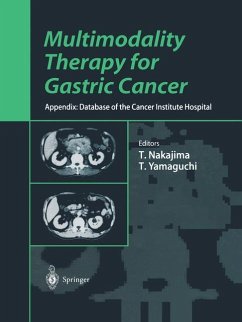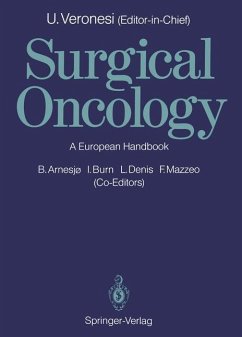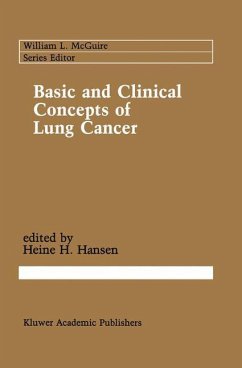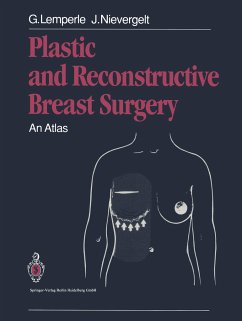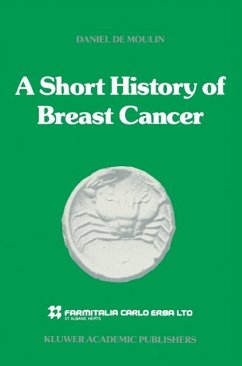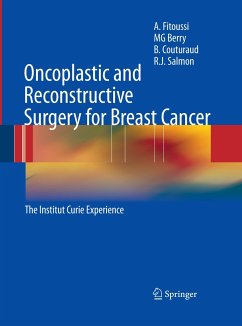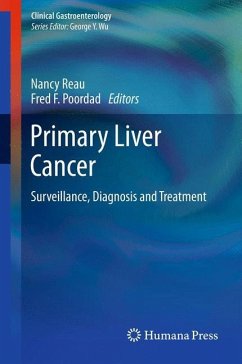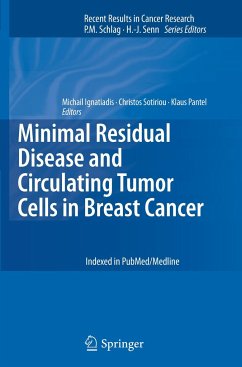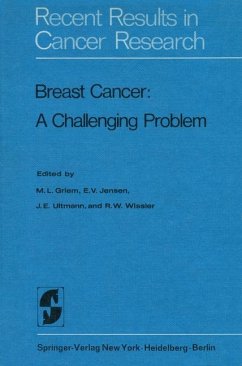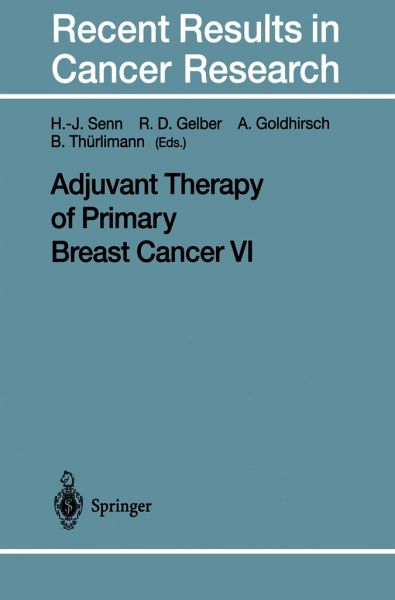
Adjuvant Therapy of Primary Breast Cancer VI

PAYBACK Punkte
19 °P sammeln!
This RRCR-conference-volume marks "number six" in a 20-year evolution of international conferences on the adjuvant therapy of primary breast cancer. Starting in 1978, a handful of some 80 en thusiastic breast cancer surgeons and oncologists, met in a se cluded mountain resort near st. Gallen in Eastern Switzerland, to exchange their early data of some pioneer trials on adjuvant sys temic therapy of early breast cancer, and to correlate their future research efforts to overcome the frustrating prognostic stagna tion of this dominant neoplastic disease in Western females dur ing the past decades...
This RRCR-conference-volume marks "number six" in a 20-year evolution of international conferences on the adjuvant therapy of primary breast cancer. Starting in 1978, a handful of some 80 en thusiastic breast cancer surgeons and oncologists, met in a se cluded mountain resort near st. Gallen in Eastern Switzerland, to exchange their early data of some pioneer trials on adjuvant sys temic therapy of early breast cancer, and to correlate their future research efforts to overcome the frustrating prognostic stagna tion of this dominant neoplastic disease in Western females dur ing the past decades. Repeated every 3-4 years, these St. Gallen International Conferences on Adjuvant Therapy of Primary Breast Cancer have continuously grown in numbers of partici pants and in normative, therapeutic influence by being published in major oncology journals [1-3], the last (6th) conference hav ing taken place from February 25-28, 1998 with more than 1800 attendees from over 50 countries worldwide. What is the fascination of adjuvant therapy in primary (early) breast cancer, and what has changed,during the last 3 years since March 1995, to justify another international gathering of this size, and of the world's leading experts in the field? There is no question, that providing even more effective care and designing appropriate recommendations for the multitudes of patients with so-called early breast cancer or at high risk of developing the disease, remain highly important public health goals.





